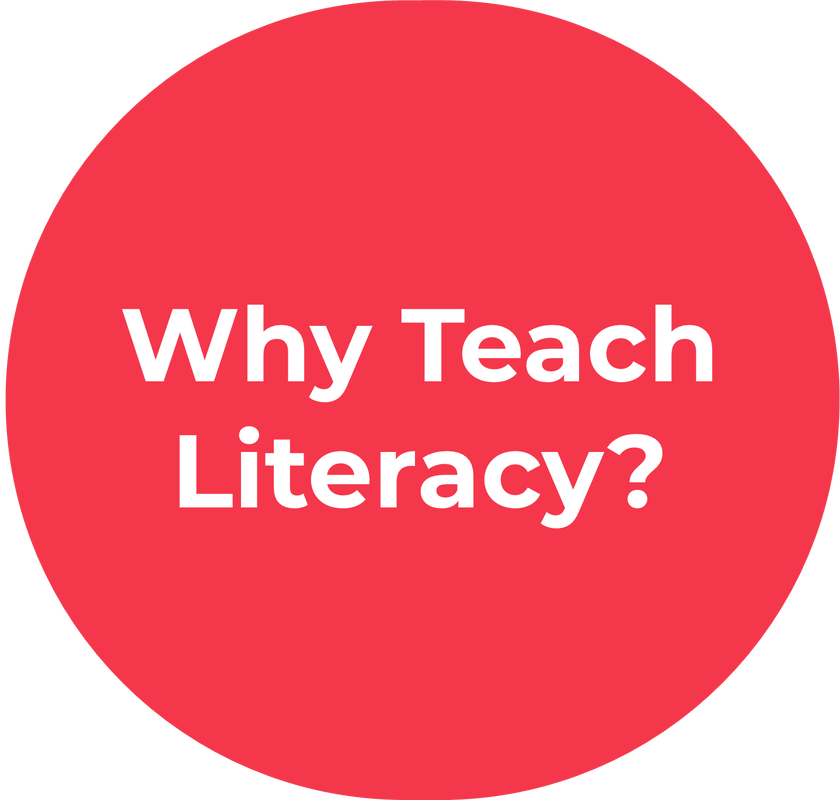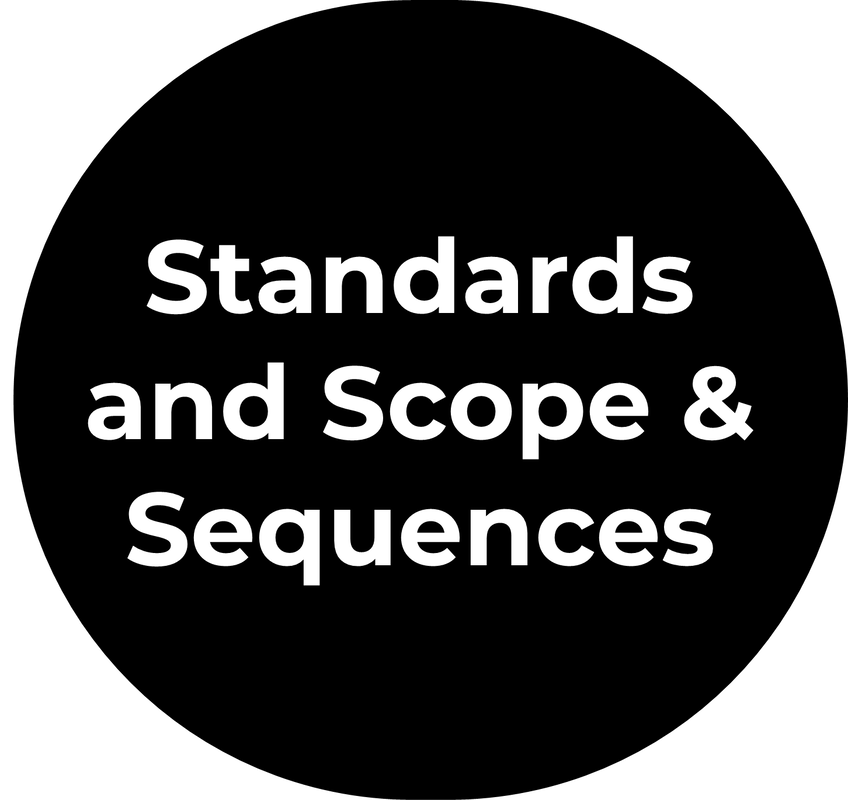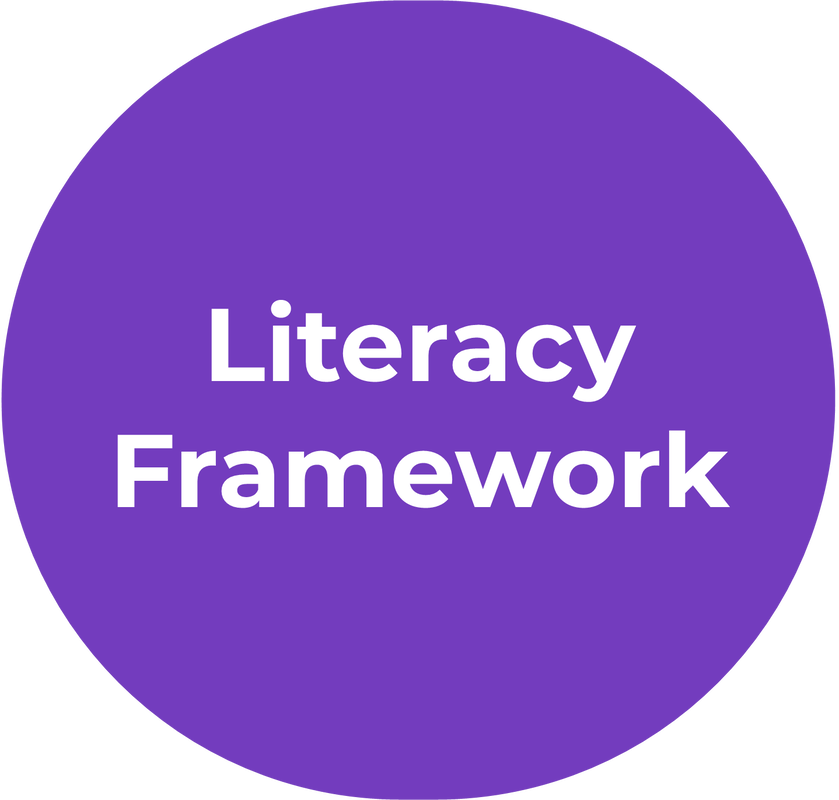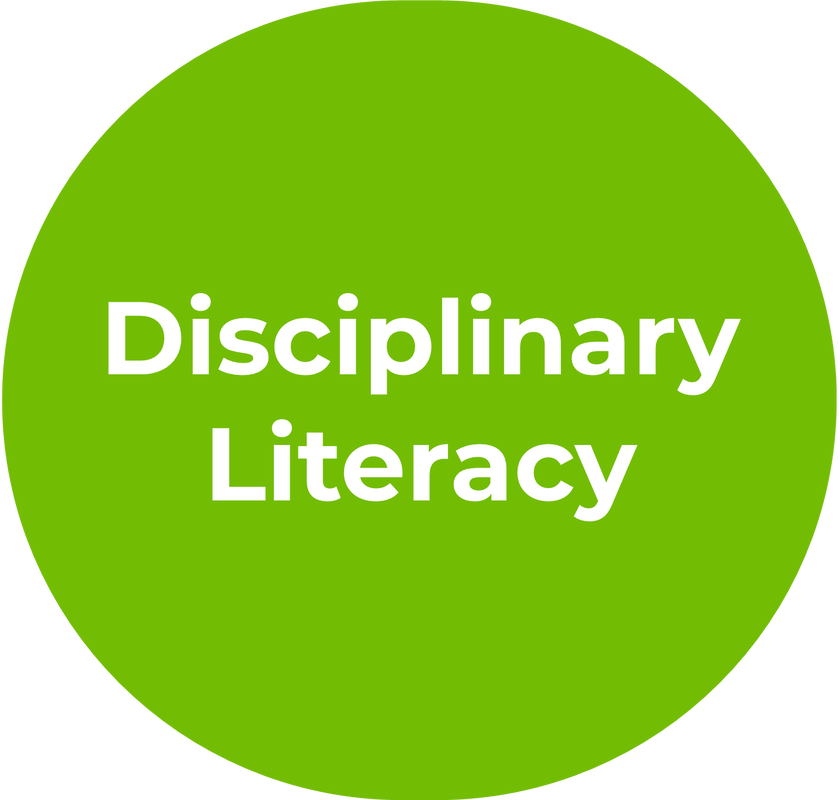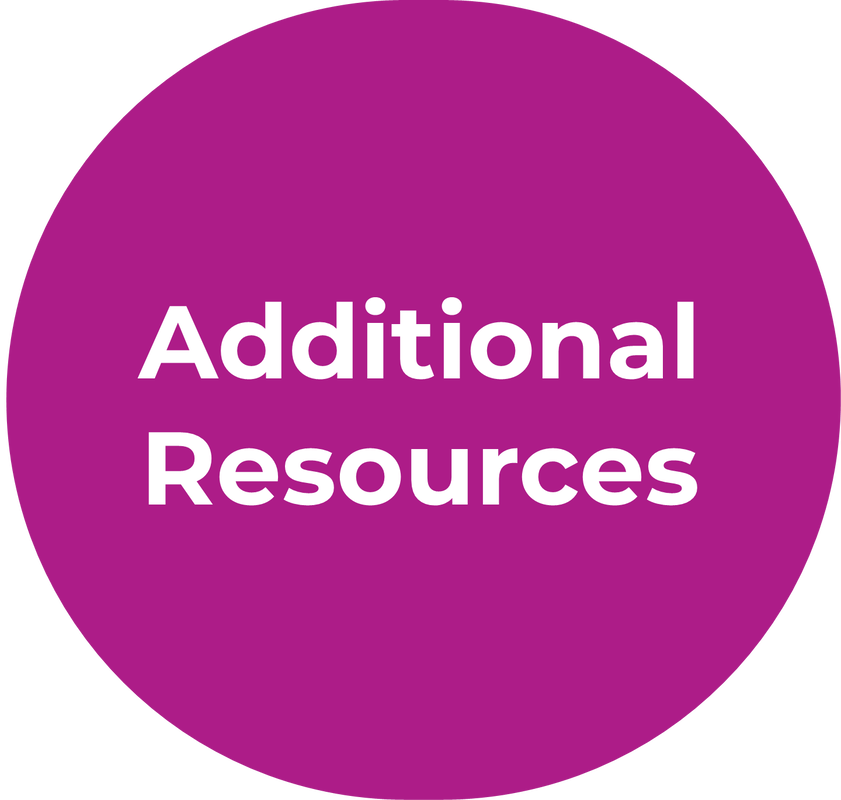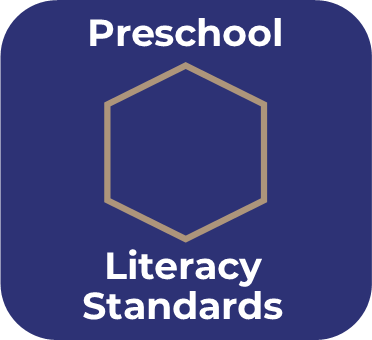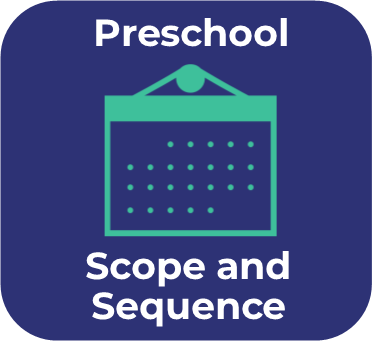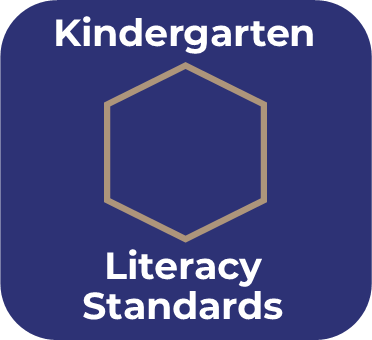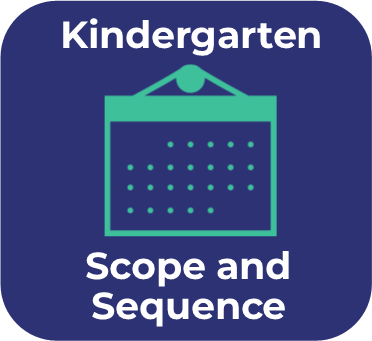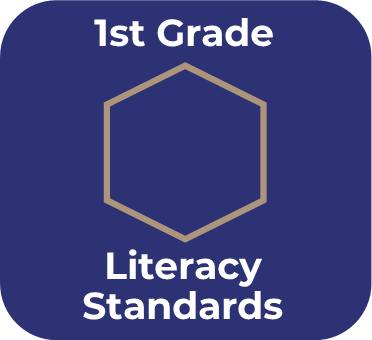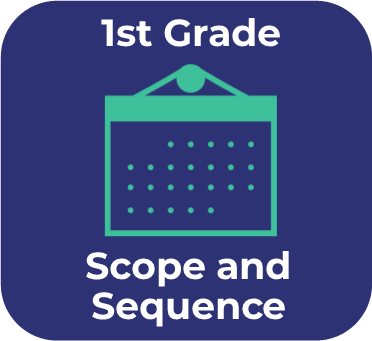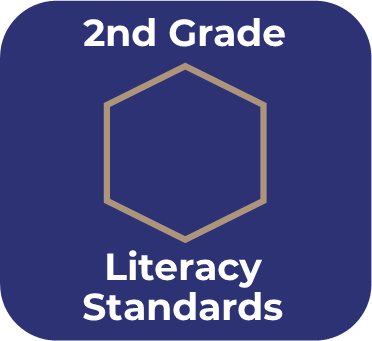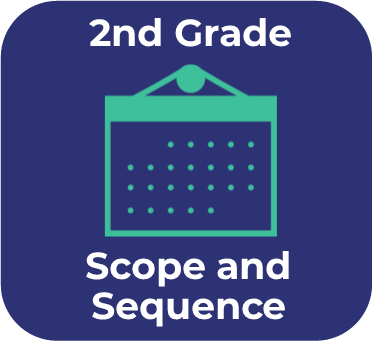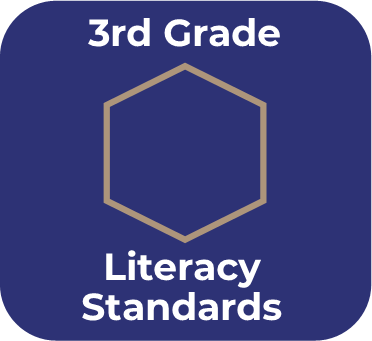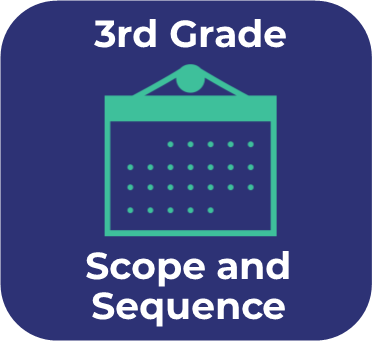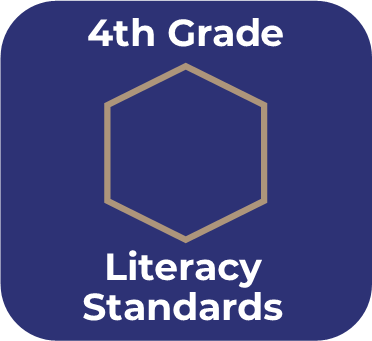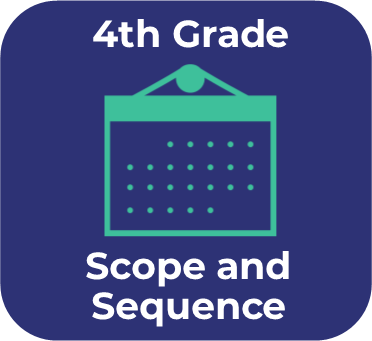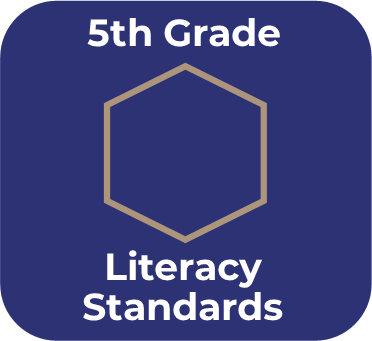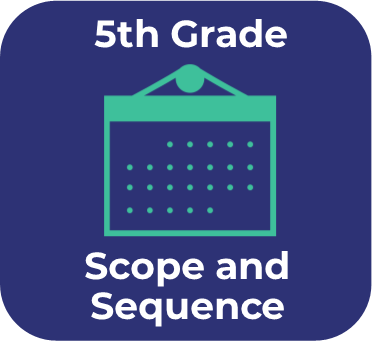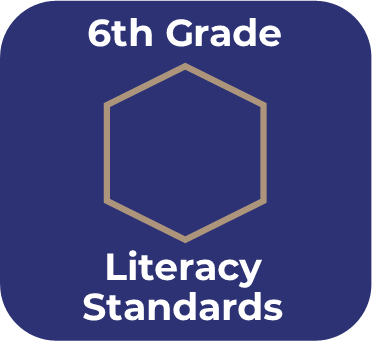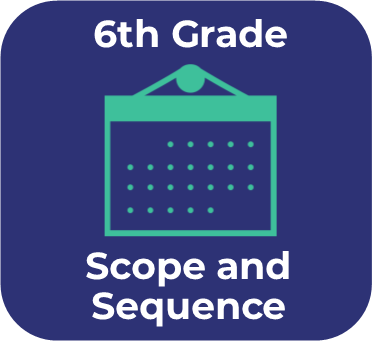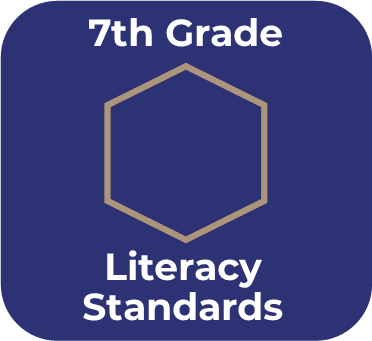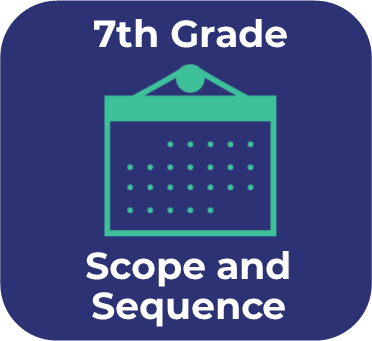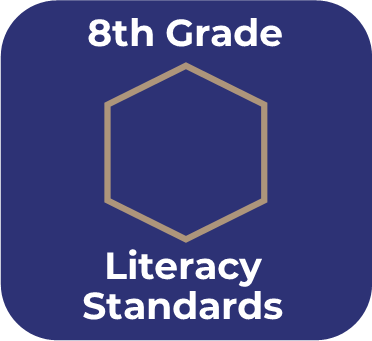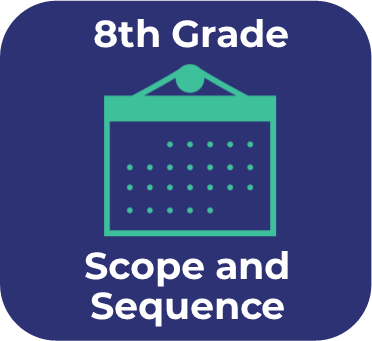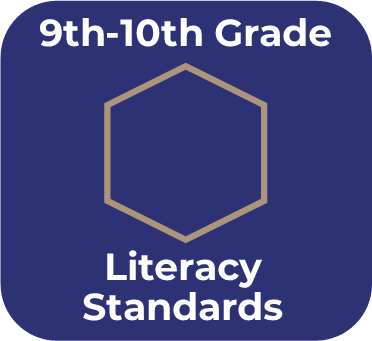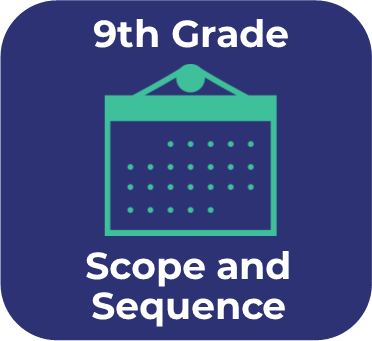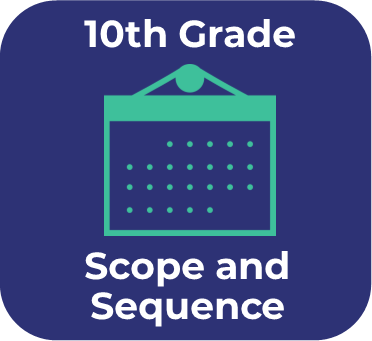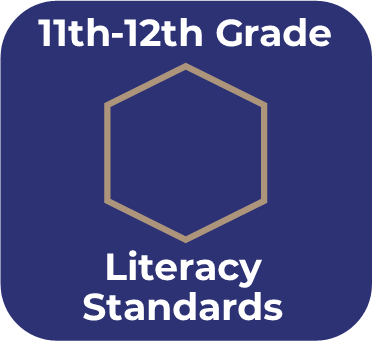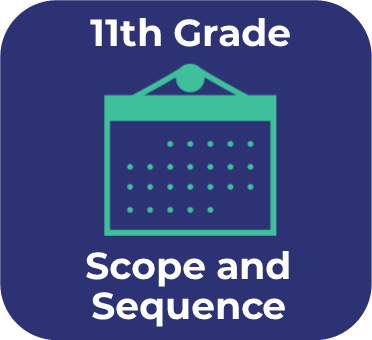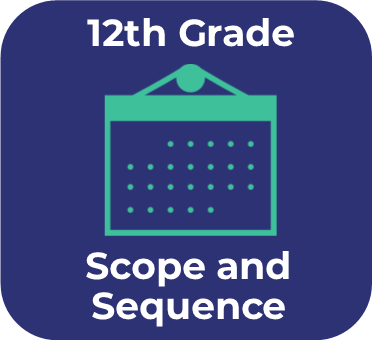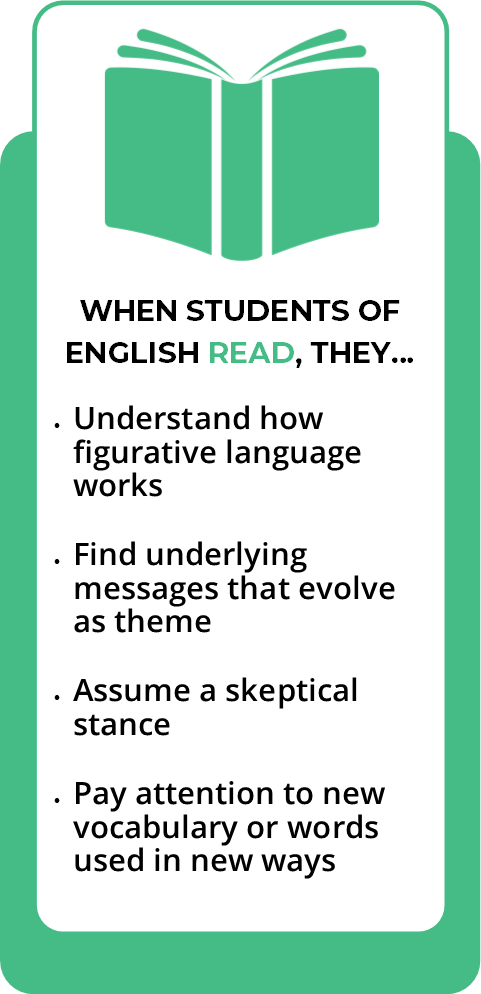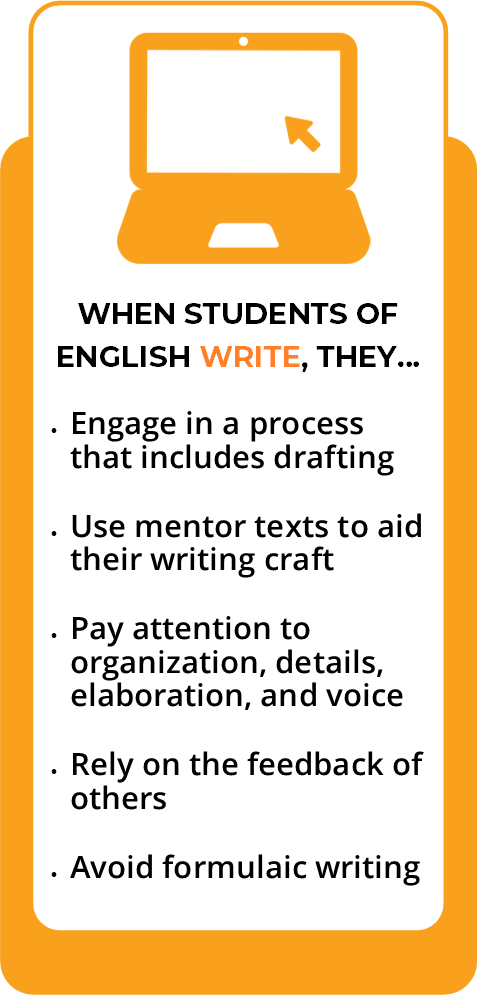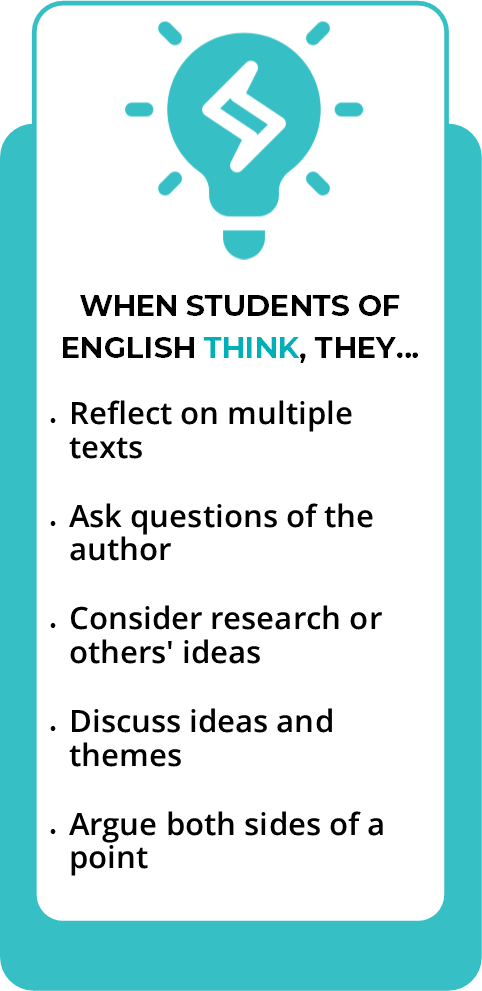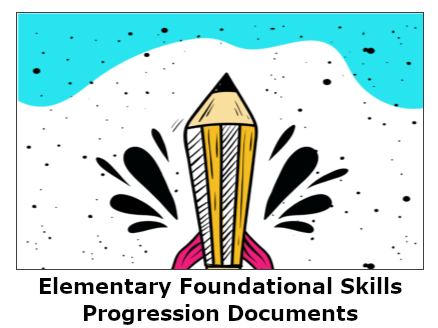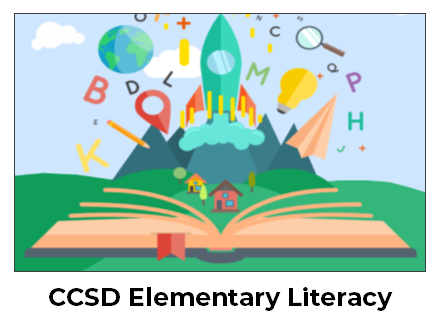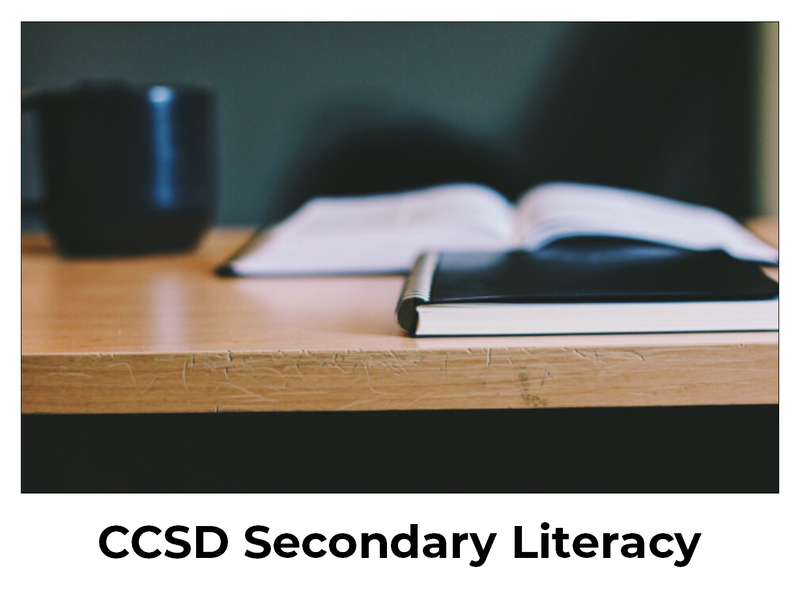Welcome to Literacy
Click the buttons below for quick access to content
Click the buttons below for quick access to content
A strong command of the language arts (reading, writing, speaking, and listening) is vital for being a successful student and ultimately a productive member of the 21st century workforce. Language skills have always been fundamental for academic and professional success. However, students in the 21st century are now facing more complex challenges in an ever-changing global society. These challenges have created the need for rigorous state standards in reading, writing, speaking, and listening.
Literacy – meaning the ability to construe a written, linguistic, alphabetic symbol system – is arguably the most important skill students acquire in preschool through twelfth-grade education because it makes all other forms of higher-order learning, critical thinking, and communication possible.
The study of reading, writing, and communicating is therefore essential to all other study in early childhood education, primary school, and secondary school. Such study comprises not only the fundamental knowledge and skills of language arts (reading, writing, speaking, and listening), but also the knowledge and skills of discourse (dialogue and discussion) and rhetoric (the ability to make arguments and to think critically about arguments made by others) and the knowledge and skills involved in responding to imaginative literature.
Language skills are necessary for academic success in all disciplines. The ability to integrate reading, writing, speaking, and listening effectively builds understanding across all academic subjects as well as allowing for the development of 21st century skills within the context of these subjects. Critical thinking and reasoning, information literacy, collaboration, self-direction, and innovation are vital 21st century skills.
Standards for reading, writing, and communicating in all grades must be clear and rigorous so that our public educational system gives students the skills, knowledge, and confidence they need to succeed in postsecondary education and the workforce, to be well-informed and responsible citizens, and to lead more fulfilling personal lives.
Literacy – meaning the ability to construe a written, linguistic, alphabetic symbol system – is arguably the most important skill students acquire in preschool through twelfth-grade education because it makes all other forms of higher-order learning, critical thinking, and communication possible.
The study of reading, writing, and communicating is therefore essential to all other study in early childhood education, primary school, and secondary school. Such study comprises not only the fundamental knowledge and skills of language arts (reading, writing, speaking, and listening), but also the knowledge and skills of discourse (dialogue and discussion) and rhetoric (the ability to make arguments and to think critically about arguments made by others) and the knowledge and skills involved in responding to imaginative literature.
Language skills are necessary for academic success in all disciplines. The ability to integrate reading, writing, speaking, and listening effectively builds understanding across all academic subjects as well as allowing for the development of 21st century skills within the context of these subjects. Critical thinking and reasoning, information literacy, collaboration, self-direction, and innovation are vital 21st century skills.
Standards for reading, writing, and communicating in all grades must be clear and rigorous so that our public educational system gives students the skills, knowledge, and confidence they need to succeed in postsecondary education and the workforce, to be well-informed and responsible citizens, and to lead more fulfilling personal lives.
The Colorado Academic Standards in Reading, Writing, and Communicating were written for all students using the content, concepts, skills and language conventions and structures found within the English language. This does not mean students must be native English speakers, nor fluent English proficient, but by utilizing the Colorado English Language Proficiency standards (Office of Culturally and Linguistically Diverse Education) in tandem with the Colorado Academic Standards, qualified and well prepared educators can ensure that all English Learners receive appropriate support to ensure all students successfully meet the expectations in the standards.
(Click on the icons to open the Colorado Academic Standards and/or the CCSD Scope and Sequence in a new window)
Preschool |
Kindergarten |
1st Grade |
2nd Grade |
3rd Grade |
4th Grade |
5th Grade |
6th Grade |
7th Grade |
8th Grade |
9th & 10th Grade |
11th & 12th Grade |
Disciplinary Literacy is prominent focus across all content areas in the 2020 Colorado Academic Standards. As teachers plan for successful experiences in their classrooms, they should therefore be taking into consideration the ways in which students develop competency in this area.
|
MELISSA PETERSON
PI Partner of K-12 English Language Arts Instructional Support Facility (ISF) 720.554.5017 [email protected] |
LOIS VAUGHAN
PI Partner of K-12 English Language Arts Instructional Support Facility (ISF) 720.554.5040 [email protected] |
